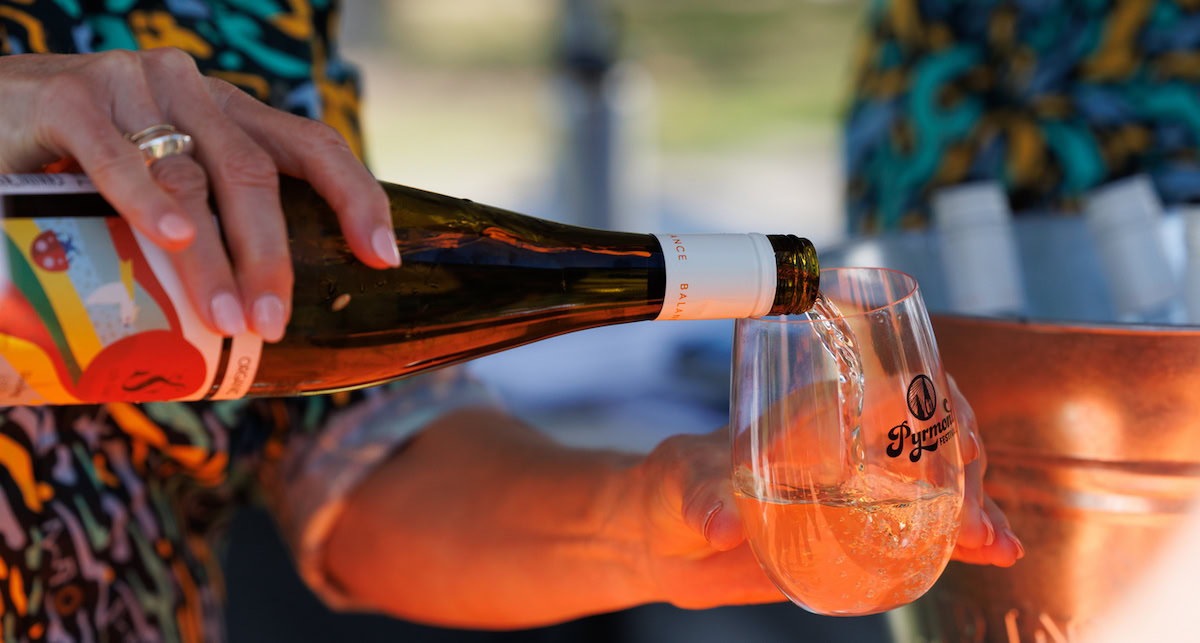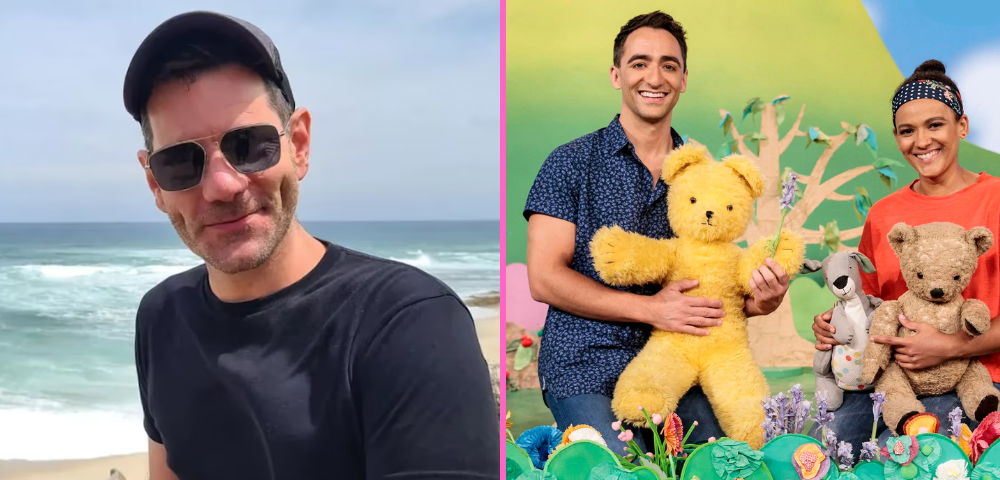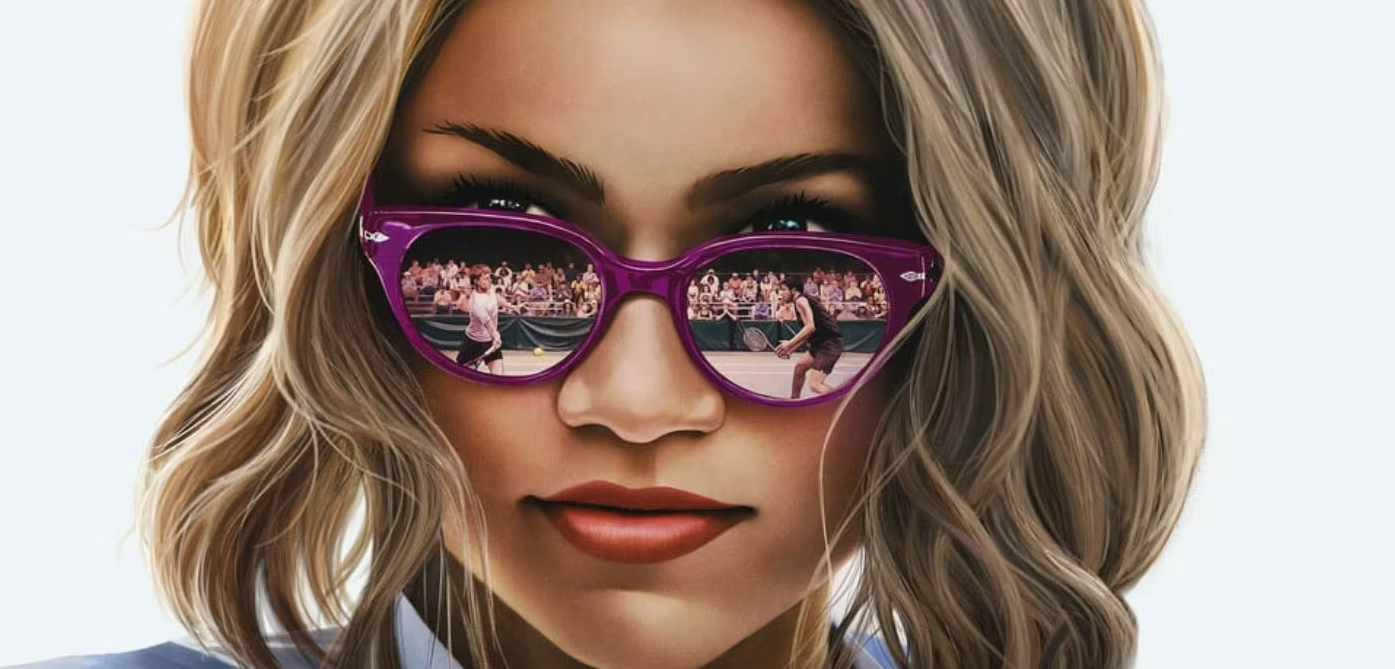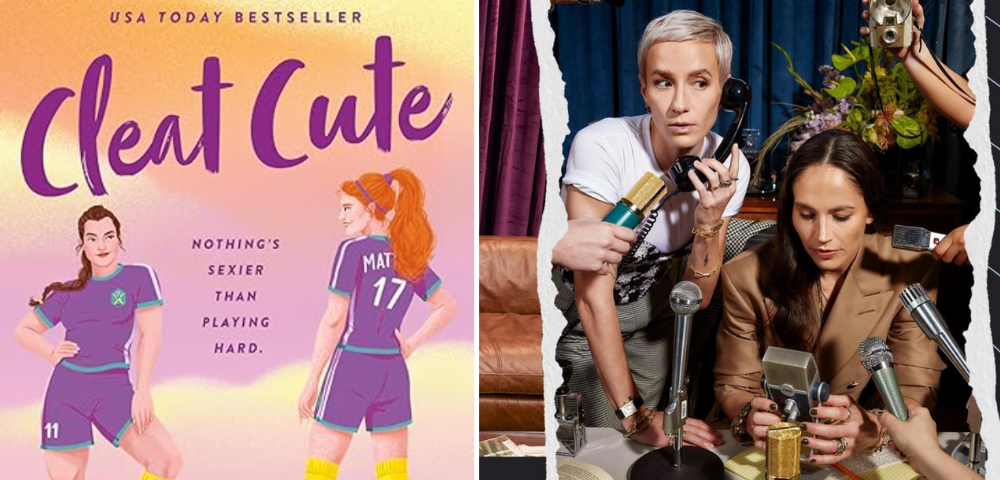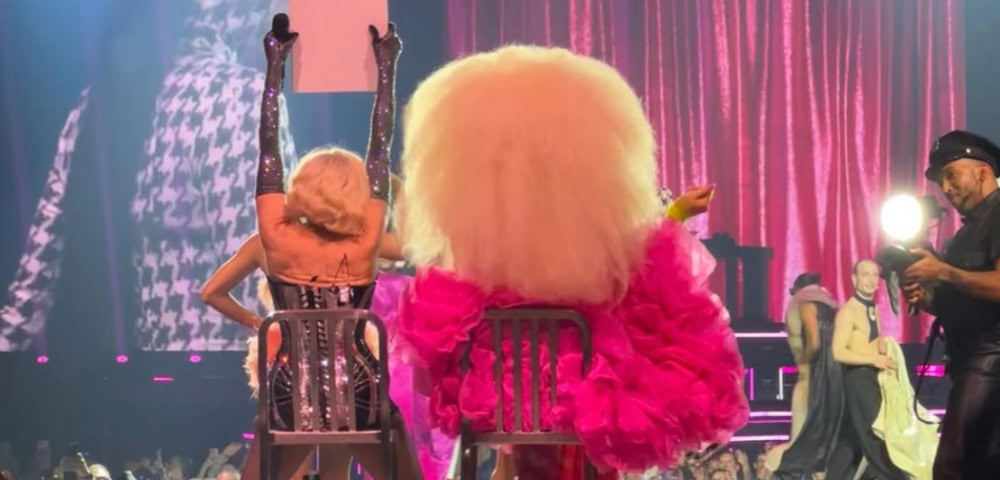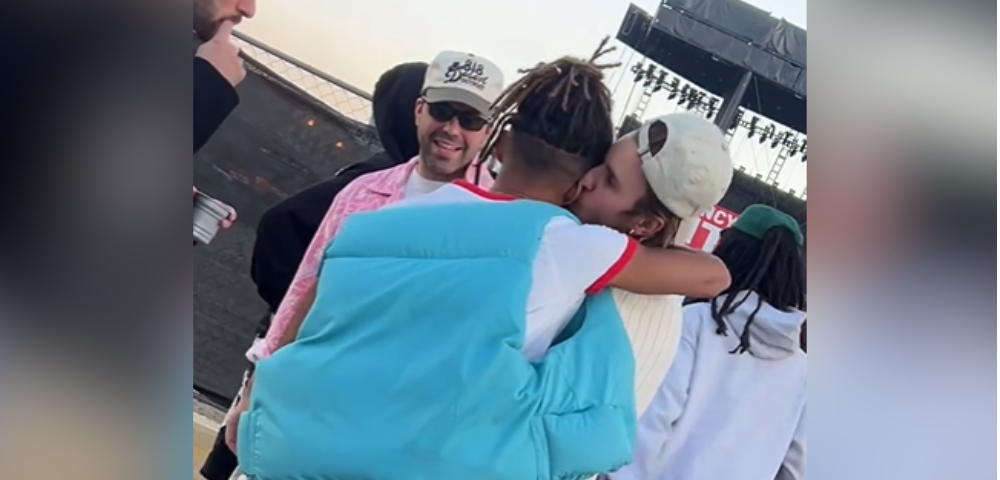
Documenting gay life in Uganda
The Antenna International Documentary Film Festival returns to Sydney for a second year from October 10-14, with filmmaking duo Malika Zouhali-Worrall and Katherine Fairfax Wright’s documentary Call Me Kuchu one of the undoubted highlights.
Moved by the plight of gays and lesbians living in Africa, the pair set off to Uganda to document the violent discrimination that was taking place.
“It seemed that there was still a film to be made about the East African LGBT community, so we started speaking by phone with activists in the region, including David Kato,” the pair told the Star Observer via email.
“When the Anti-Homosexuality Bill was introduced in Uganda’s Parliament in October 2009, we were both very disturbed by its implications and began to focus our research on Uganda.
“We soon realised that there was an increasingly organised LGBT community in Uganda that was hard at work fighting state-sanctioned homophobia through the courts and other means. A few weeks later, we found ourselves on a plane bound for Kampala.”
Kato was the first person they met once they’d arrived in Uganda, and the outspoken gay rights advocate soon became not only the focus of the documentary but an important behind-the-scenes resource, introducing the directors to many people in Uganda’s hidden LGBTI community.
“As we spent more time with him, we were increasingly intrigued by his fierce intelligence and passion, and realised that he was one of the most outspoken activists in the community.”
As anyone with a grasp of the situation in Uganda would understand, the filming of Call Me Kuchu took a tragic turn when Kato was murdered in January 2011, shortly after winning a lawsuit against a magazine which had published his name and photograph, identifying him as gay and calling for him to be executed.
Despite this horrifying reminder of just how dangerous life is for gay and lesbian Ugandans, the directors said they left the country with a sense that things were changing.
“David and his fellow activists worked hard to change their own fate through every means possible: the Ugandan courts, the general populace, the United Nations, the international news media. There is a reason why people around the world are talking about this issue, and it’s because the ‘kuchus’ [kuchu being a derogatory term Ugandan LGBTI activists have reclaimed] have worked relentlessly to push their movement forward.”
Knowing that LGBTI people in places like Uganda are fighting for their lives, do the directors perhaps wish we in the Western World took a more global approach to championing gay rights, rather than focusing on less life-or-death issues at home?
“It’s important to have a global perspective, of course, but we like to encourage viewers who are motivated by Call Me Kuchu to turn that energy towards concerns for their local LGBT communities: whether it’s same-sex marriage, forming gay-straight alliances in high schools, or for the more religious among us, working to help congregations become LGBT-affirming.”
INFO: Antenna Festival, October 10-14. www.antennafestival.org




